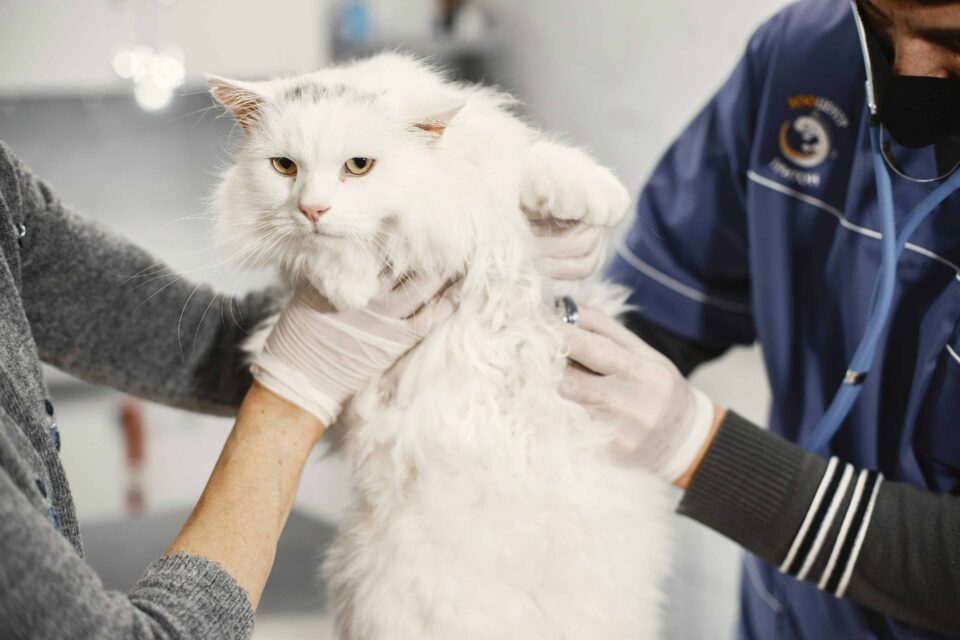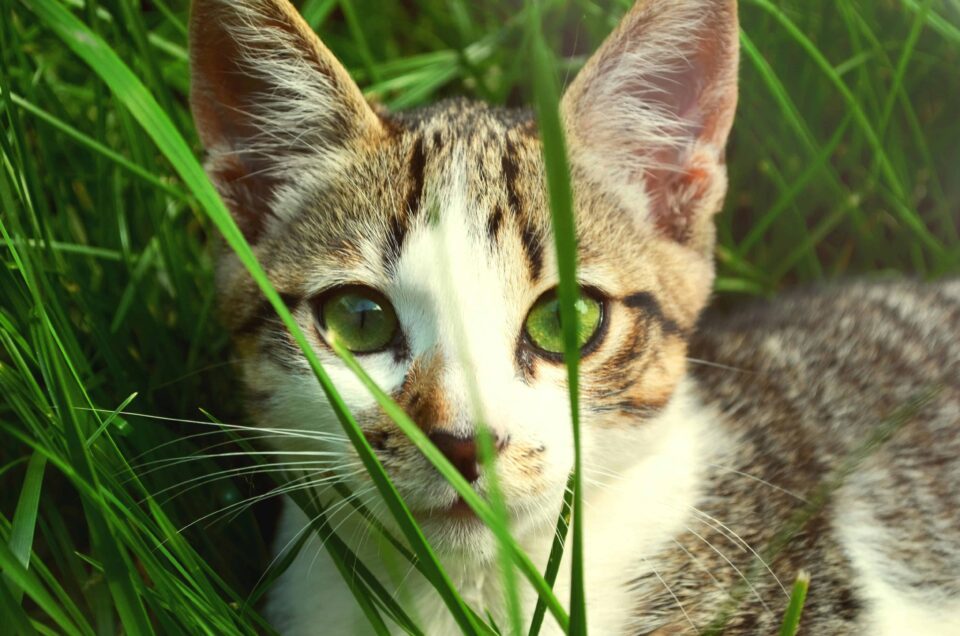Are Cats Allergic to Tulips? Understanding the Risks and Preventing Cat Poisoning
Tulips are a popular flower, but they can be dangerous to cats. Many pet owners may not realize the risks these flowers pose to their feline friends. Understanding the effects of tulips on cats and knowing how to prevent exposure is essential for keeping them safe.
Key Takeaways
- Tulips contain toxins that can cause digestive upset and skin irritation in cats.
- The highest concentration of toxins is found in the bulbs.
- Symptoms of tulip poisoning include vomiting, drooling, and difficulty breathing.
- Keeping tulips out of reach and using pet-safe plants can help prevent poisoning.
- Immediate veterinary attention is necessary if a cat ingests tulips.
Why Are Tulips Harmful to Cats?
Tulips belong to the lily family, which includes many plants that are toxic to cats. The main toxins in tulips, called tulipalin A and tulipalin B, can cause irritation and digestive distress in cats if ingested. The severity of symptoms depends on the amount consumed and the cat’s sensitivity.
Toxins in Tulips
Tulipalin A and B are found throughout the plant but are most concentrated in the bulb. These compounds can cause vomiting, diarrhea, and excessive drooling. In severe cases, ingestion can lead to difficulty breathing and changes in heart rate.
Which Parts of the Plant Are Most Toxic?
The bulb contains the highest level of toxins, making it the most dangerous part of the plant. Leaves and petals contain lower levels but can still cause irritation if chewed. Even contact with tulip pollen or stems may trigger skin reactions in sensitive cats.
Symptoms of Tulip Poisoning
Signs of tulip poisoning can appear within hours of ingestion. Common symptoms include vomiting, diarrhea, and excessive drooling. More severe cases may involve difficulty breathing, tremors, and heart irregularities.

How to Recognize Tulip Poisoning in Cats
Spotting the signs of tulip poisoning early can help ensure your cat gets the care they need. Understanding common symptoms and when to seek veterinary help is crucial.
Even if symptoms appear mild at first, tulip poisoning can worsen over time. Cats may begin to show signs of lethargy, dehydration, or increased discomfort. Early intervention can prevent more serious complications, ensuring a smoother recovery for your pet.
Mild Symptoms
Mild cases may involve digestive upset, including vomiting and diarrhea. Cats may also exhibit excessive drooling or paw at their mouths due to irritation.
Severe Symptoms
More serious reactions include difficulty breathing, weakness, or an increased heart rate. If a cat has eaten a large amount of tulip bulbs, toxicity can become life-threatening.
When to Seek Veterinary Care
If you suspect your cat has eaten any part of a tulip, contact a veterinarian immediately. Even mild symptoms should be taken seriously to prevent complications.
Related: Anxiety in Cats: Identifying, Managing, and Soothing Feline Stress
Are Tulips Poisonous to Cats?
Many pet owners wonder, are tulips poisonous to cats? The short answer is yes. While tulips are not as toxic as some other flowers, they can still cause serious health problems in cats if ingested.
Comparing Tulips to Other Toxic Plants
Tulips are not as deadly as some lilies, which can cause kidney failure in cats. However, they still pose a significant risk. Other common flowers and plants poisonous to cats include daffodils, azaleas, and hyacinths.
How Common Is Tulip Poisoning?
Tulip poisoning is not as common as other plant-related toxicities, but it does happen. Cats that enjoy chewing on plants or playing with flowers are at higher risk.
Why Some Cats Are More at Risk
Kittens and curious cats that like to explore their environment may be more likely to chew on tulips. Cats with sensitive digestive systems may also experience stronger reactions.

Preventing Tulip Poisoning in Cats
Keeping your cat away from tulips is the best way to prevent poisoning. There are several simple ways to reduce the risk and keep your pet safe.
Keep Tulips Out of Reach
If you have tulips in your home or garden, place them where your cat cannot access them. Hanging plants or enclosed terrariums can be good alternatives.
Use Pet-Safe Plants Instead
Many non-toxic plants make great alternatives for cat owners. Cat grass, spider plants, and ferns are safer choices.
Monitor Your Cat’s Behavior
If your cat is prone to chewing on plants, provide safe alternatives like catnip or interactive toys to redirect their attention.
Related: What’s Causing Allergies In Your Pet?
Spring Allergies and Plant Sensitivities in Cats
Some cats may also have spring allergies triggered by flowers and pollen. It’s important to distinguish between allergic reactions and poisoning symptoms.
Common Allergy Symptoms
Watery eyes, sneezing, and skin irritation are common signs of allergies. Unlike poisoning, allergies usually don’t cause severe digestive distress.
Watery eyes can be a sign of both allergies and exposure to irritating plants like tulips.
Itchy Skin and Pollen Sensitivity
Cats with pollen allergies may experience itchy skin. Regular grooming and allergy-friendly shampoos can help reduce irritation.
How to Treat a Cat That Has Eaten Tulips
If you suspect your cat has eaten tulips, acting fast is important. Quick treatment can reduce the severity of symptoms and improve recovery.
Immediate Steps to Take
Remove any remaining plant material from your cat’s mouth. Offer fresh water to help flush toxins from their system. Avoid trying to induce vomiting without veterinary guidance.
Veterinary Treatment Options
A vet may recommend activated charcoal to absorb toxins or administer IV fluids to support kidney function. In severe cases, hospitalization may be needed.
Monitoring Recovery
After treatment, monitor your cat for lingering symptoms. Keep them comfortable and ensure they stay hydrated.
Keep Your Cat’s Skin Healthy with Allergy Shampoo
Cats with sensitive skin may benefit from products designed to soothe irritation. The Allergy Shampoo for Cats is formulated with plant-based ingredients to calm skin and reduce redness. This gentle formula is free from harsh chemicals and helps maintain a healthy coat.
Final Thoughts
Tulips are toxic to cats, and ingestion can cause serious health problems. Understanding the risks and taking precautions can help keep your pet safe. Whether it’s preventing exposure or treating symptoms quickly, being informed is the best way to protect your cat from plant-related poisoning.
~Veterinarian Recommended